Signs and Symptoms
Recent articles
Exploring the connection between autism and sleep
The Transmitter rounds up the latest research on autism and sleep.
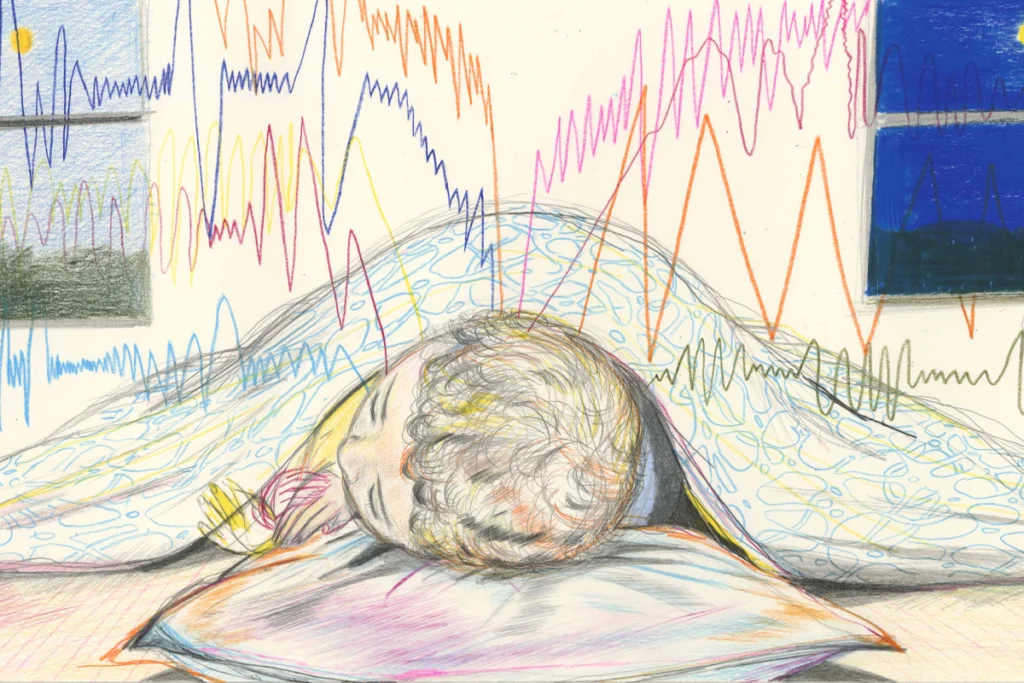
Exploring the connection between autism and sleep
The Transmitter rounds up the latest research on autism and sleep.
Looking at eye tracking’s potential for clinical trials
This month’s Going on Trial newsletter explores how eye tracking might be used beyond helping with diagnosis, among other drug development news.
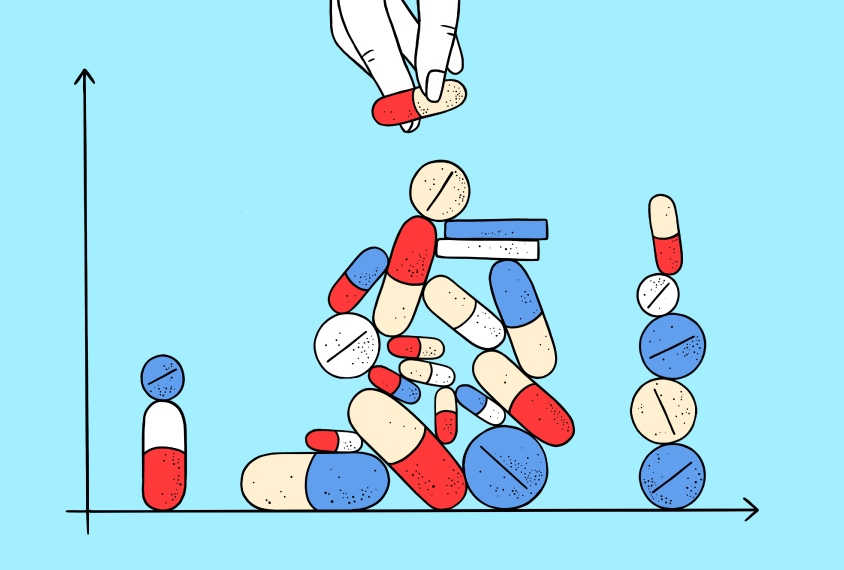
Looking at eye tracking’s potential for clinical trials
This month’s Going on Trial newsletter explores how eye tracking might be used beyond helping with diagnosis, among other drug development news.
Mental health issues emerge with shifts in autism traits across childhood
Anxiety and other challenges autistic children experience may stem from an increase in social-communication issues and a decrease in repetitive behaviors from ages 6 to 11.
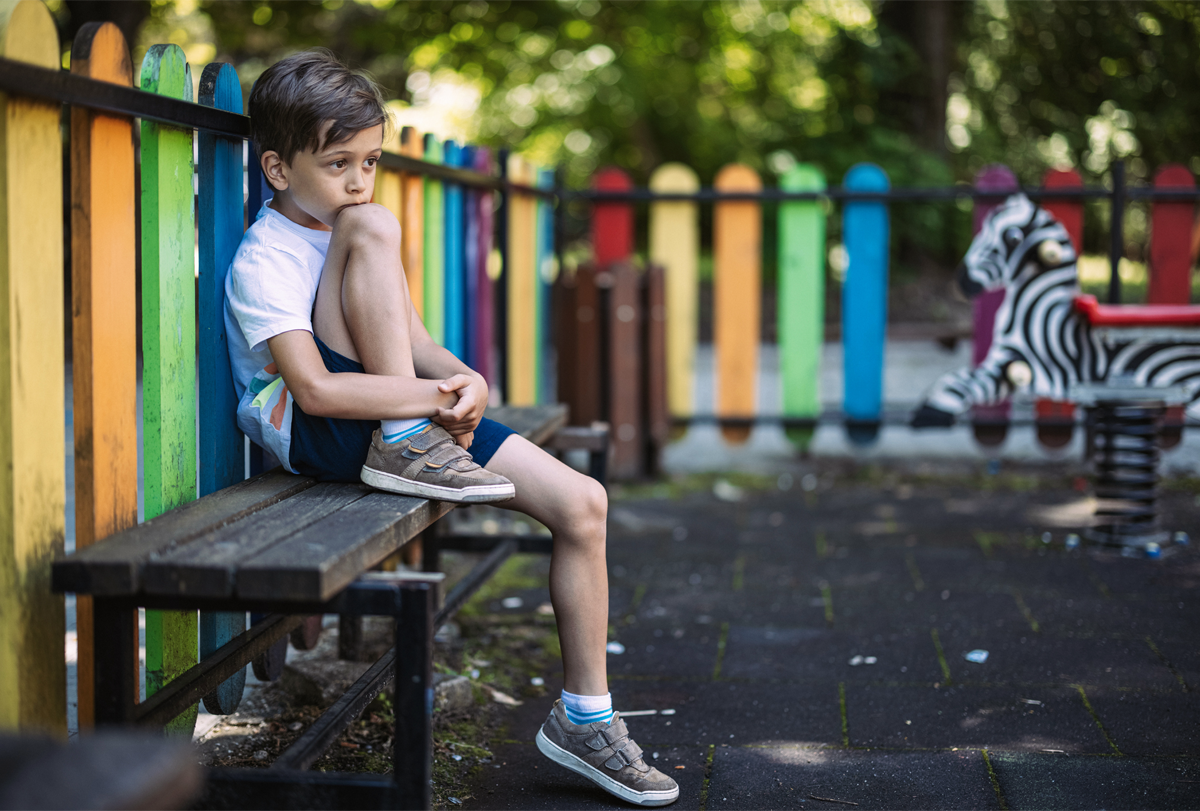
Mental health issues emerge with shifts in autism traits across childhood
Anxiety and other challenges autistic children experience may stem from an increase in social-communication issues and a decrease in repetitive behaviors from ages 6 to 11.
‘Social touch’ responses in mice gauged with unprecedented control
A new tool could help decipher the brain circuits underlying aversion to social touch, which is common in people with autism.
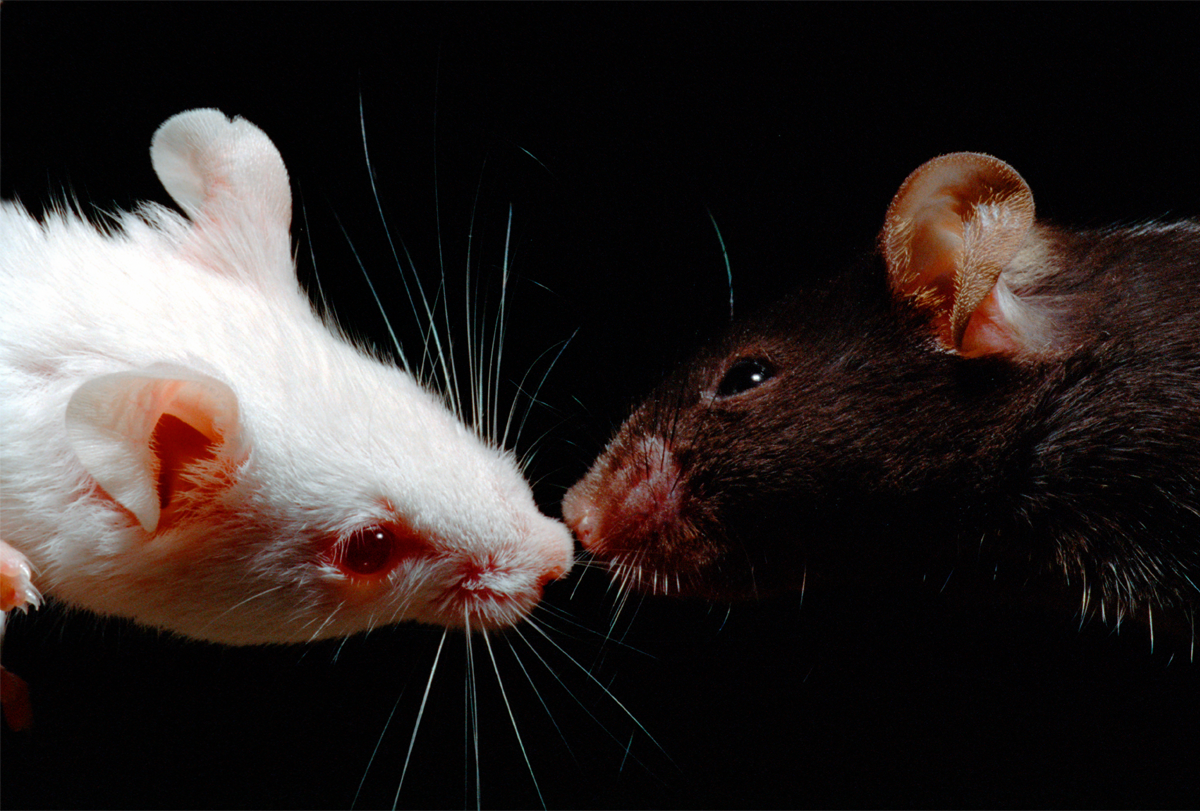
‘Social touch’ responses in mice gauged with unprecedented control
A new tool could help decipher the brain circuits underlying aversion to social touch, which is common in people with autism.
Skewed signaling in striatum may spawn repetitive behaviors
Synaptic changes in the brain region could drive a core trait of fragile X syndrome, a new mouse study suggests.
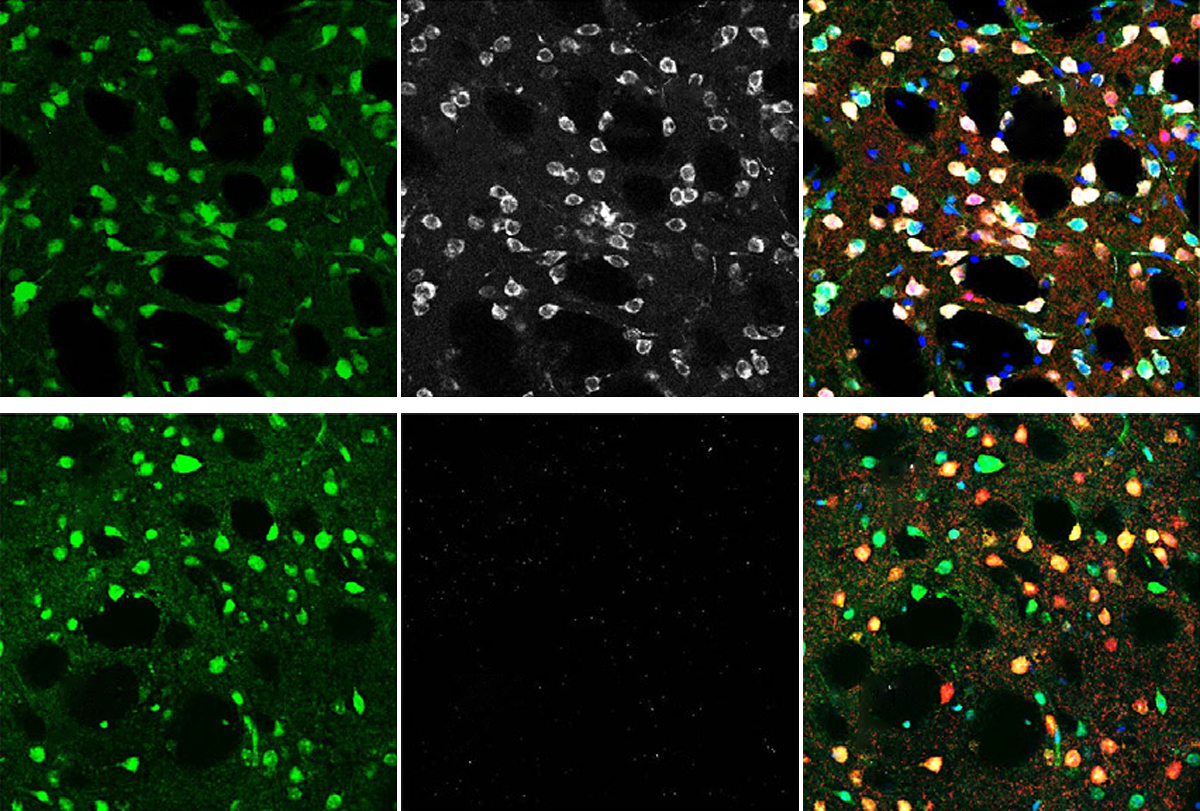
Skewed signaling in striatum may spawn repetitive behaviors
Synaptic changes in the brain region could drive a core trait of fragile X syndrome, a new mouse study suggests.
High prevalence of developmental delay strains Australia’s support systems
The nation needs to build capacity to support the roughly 20 percent of children in Australia who have developmental delay.

High prevalence of developmental delay strains Australia’s support systems
The nation needs to build capacity to support the roughly 20 percent of children in Australia who have developmental delay.
Social skills decline during adolescence for a sliver of autistic youth
Most children with the condition, however, gain communication and social abilities over time.

Social skills decline during adolescence for a sliver of autistic youth
Most children with the condition, however, gain communication and social abilities over time.
Amy Wetherby: Impatient for progress
A speech-language pathologist by training, Wetherby has spent more than four decades developing tools to help identify and treat autism early; now her work has taken on a more personal sense of urgency.
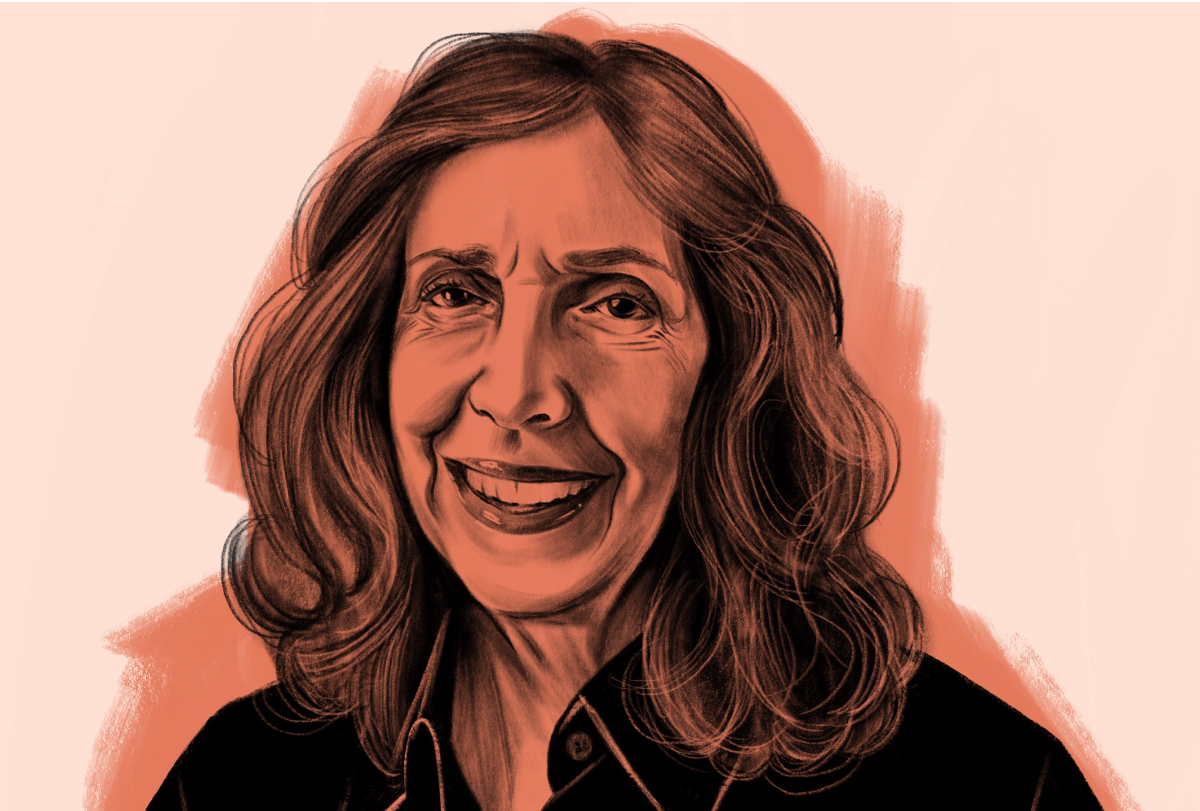
Amy Wetherby: Impatient for progress
A speech-language pathologist by training, Wetherby has spent more than four decades developing tools to help identify and treat autism early; now her work has taken on a more personal sense of urgency.
The story of autism research in Australia: A conversation with Cheryl Dissanayake
With the help of a generous benefactor, autism research in Australia is gathering critical mass.
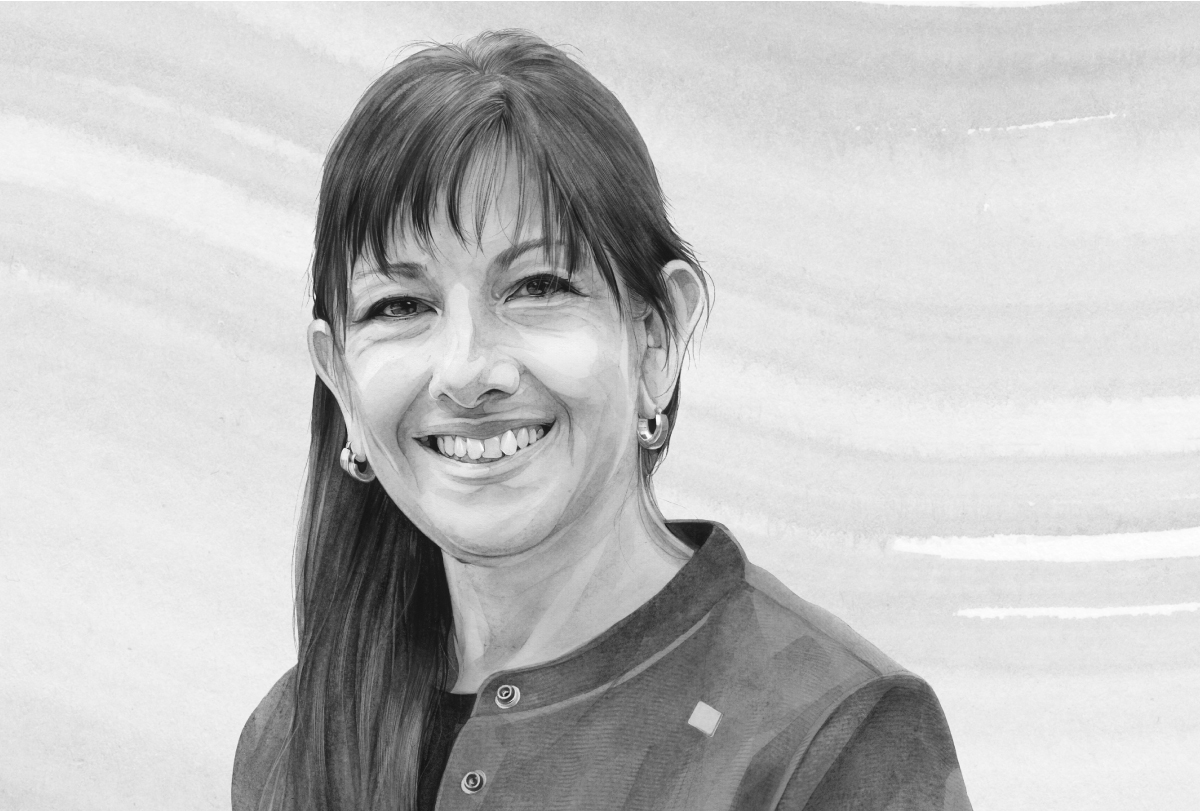
The story of autism research in Australia: A conversation with Cheryl Dissanayake
With the help of a generous benefactor, autism research in Australia is gathering critical mass.
Change of heart and mind: Autism’s ties to cardiac defects
Children with congenital heart disease have an increased likelihood of autism. Why?
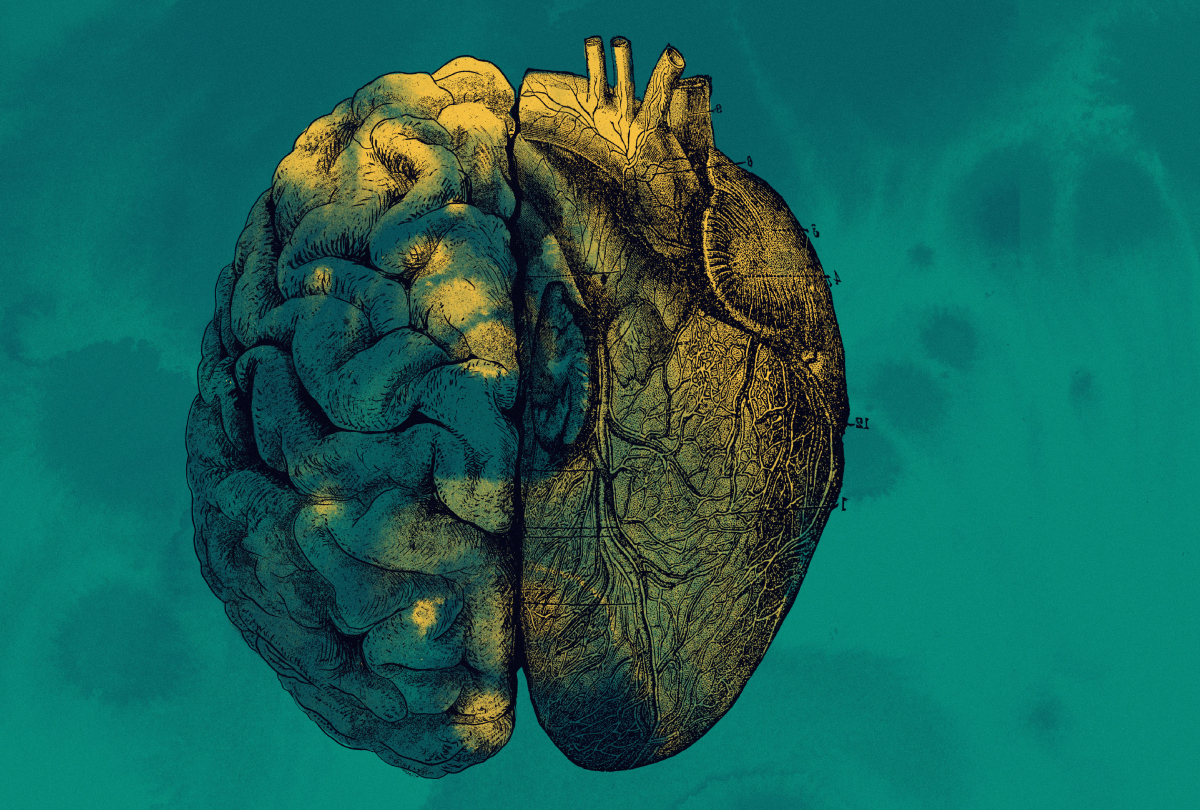
Change of heart and mind: Autism’s ties to cardiac defects
Children with congenital heart disease have an increased likelihood of autism. Why?
Explore more from The Transmitter
Personalized medicine; astroglia organoids; fast track for fragile X drug
Here is a roundup of autism-related news and research spotted around the web for the week of 20 January.
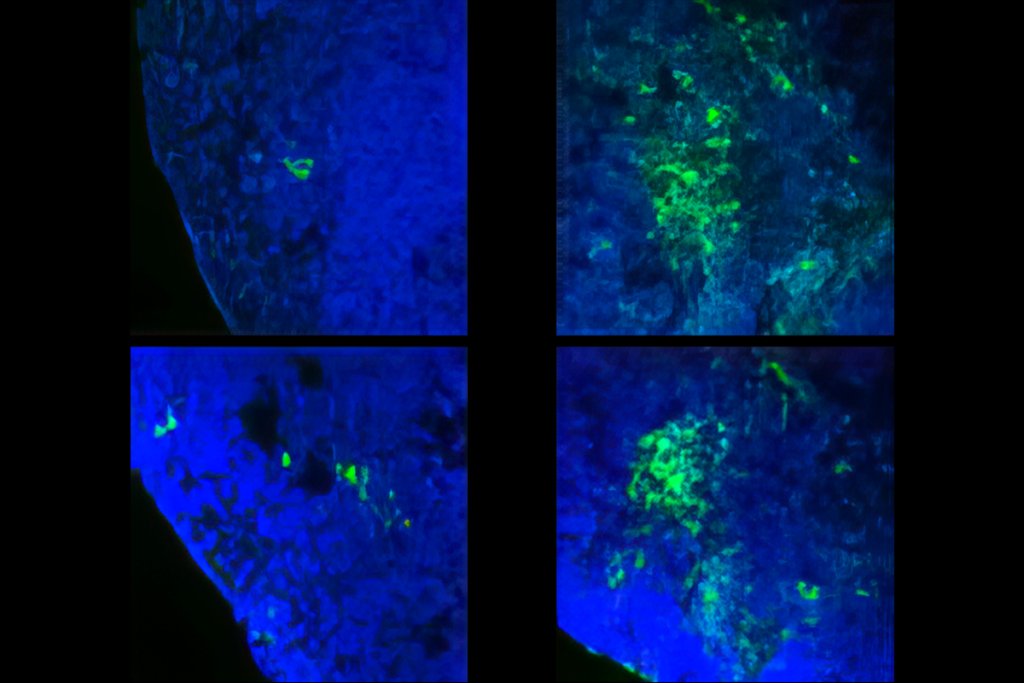
Personalized medicine; astroglia organoids; fast track for fragile X drug
Here is a roundup of autism-related news and research spotted around the web for the week of 20 January.
Neuroscientists need to do better at explaining basic mental health research
The knowledge gap between scientists, health-care professionals, policymakers and people with mental health conditions is growing, slowing the translation of basic science to new treatments. Like lawyers learning to present a case to the court, scientists should learn to educate nonscientists about their findings.
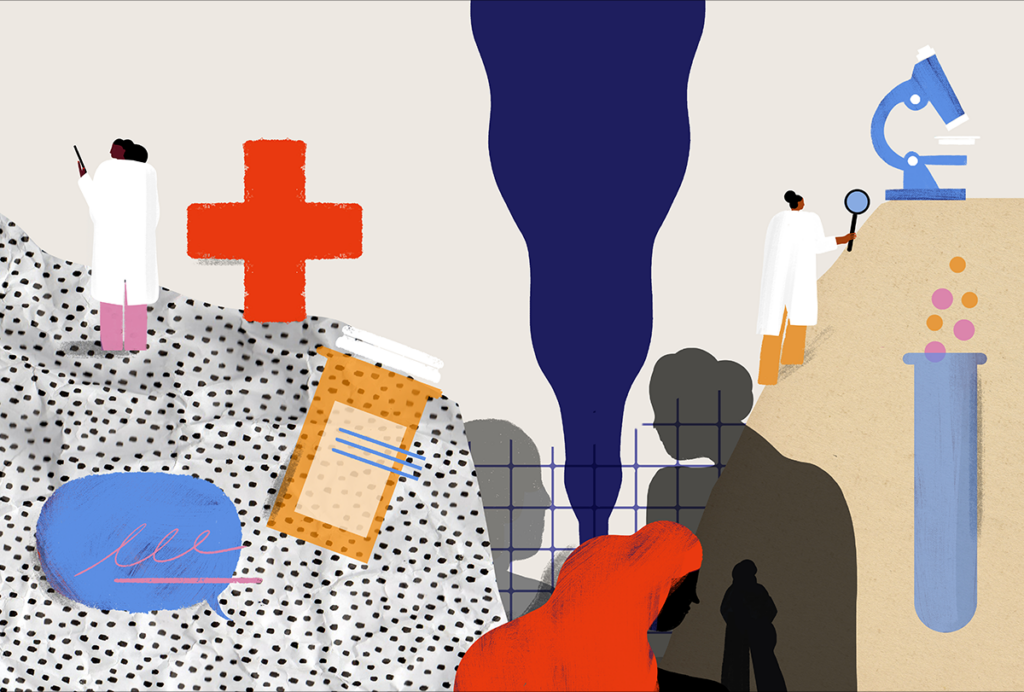
Neuroscientists need to do better at explaining basic mental health research
The knowledge gap between scientists, health-care professionals, policymakers and people with mental health conditions is growing, slowing the translation of basic science to new treatments. Like lawyers learning to present a case to the court, scientists should learn to educate nonscientists about their findings.
Dose, scan, repeat: Tracking the neurological effects of oral contraceptives
We know little about how the brain responds to oral contraceptives, despite their widespread use. I am committed to changing that: I scanned my brain 75 times over the course of a year and plan to make my data openly available.
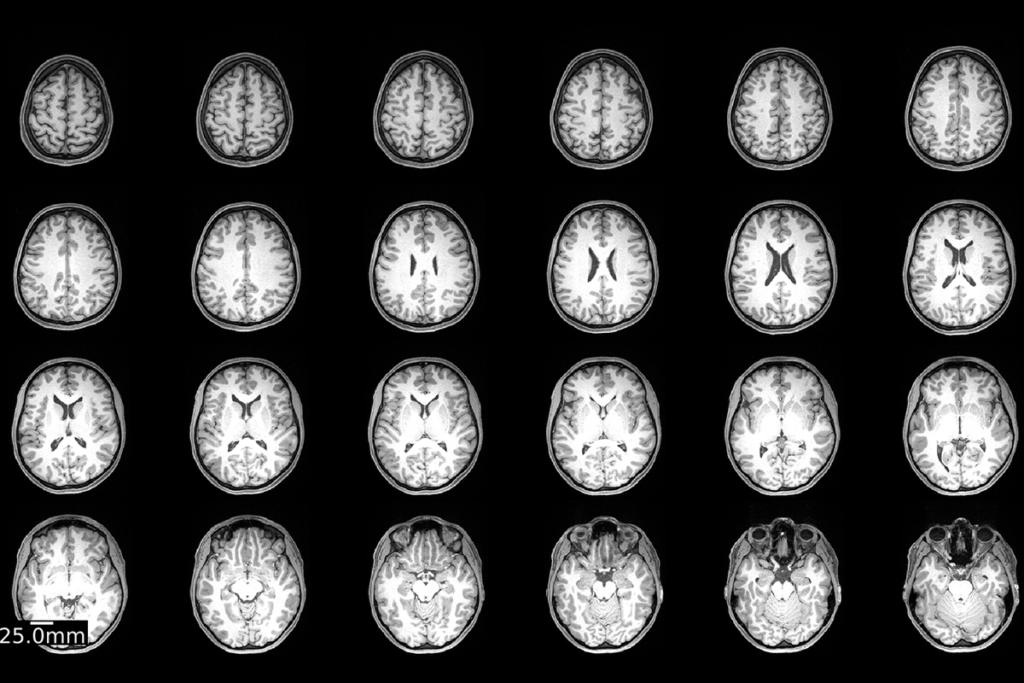
Dose, scan, repeat: Tracking the neurological effects of oral contraceptives
We know little about how the brain responds to oral contraceptives, despite their widespread use. I am committed to changing that: I scanned my brain 75 times over the course of a year and plan to make my data openly available.